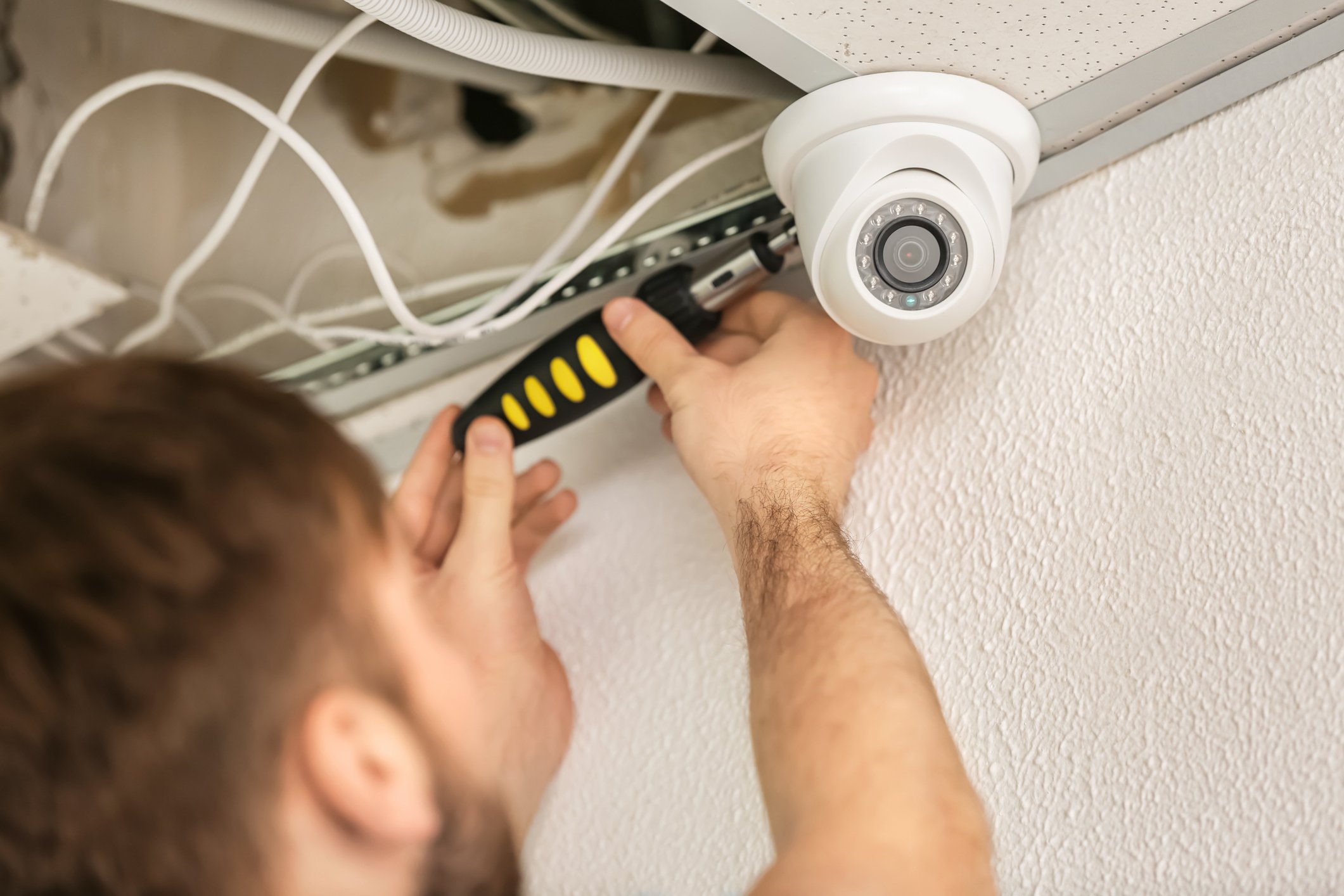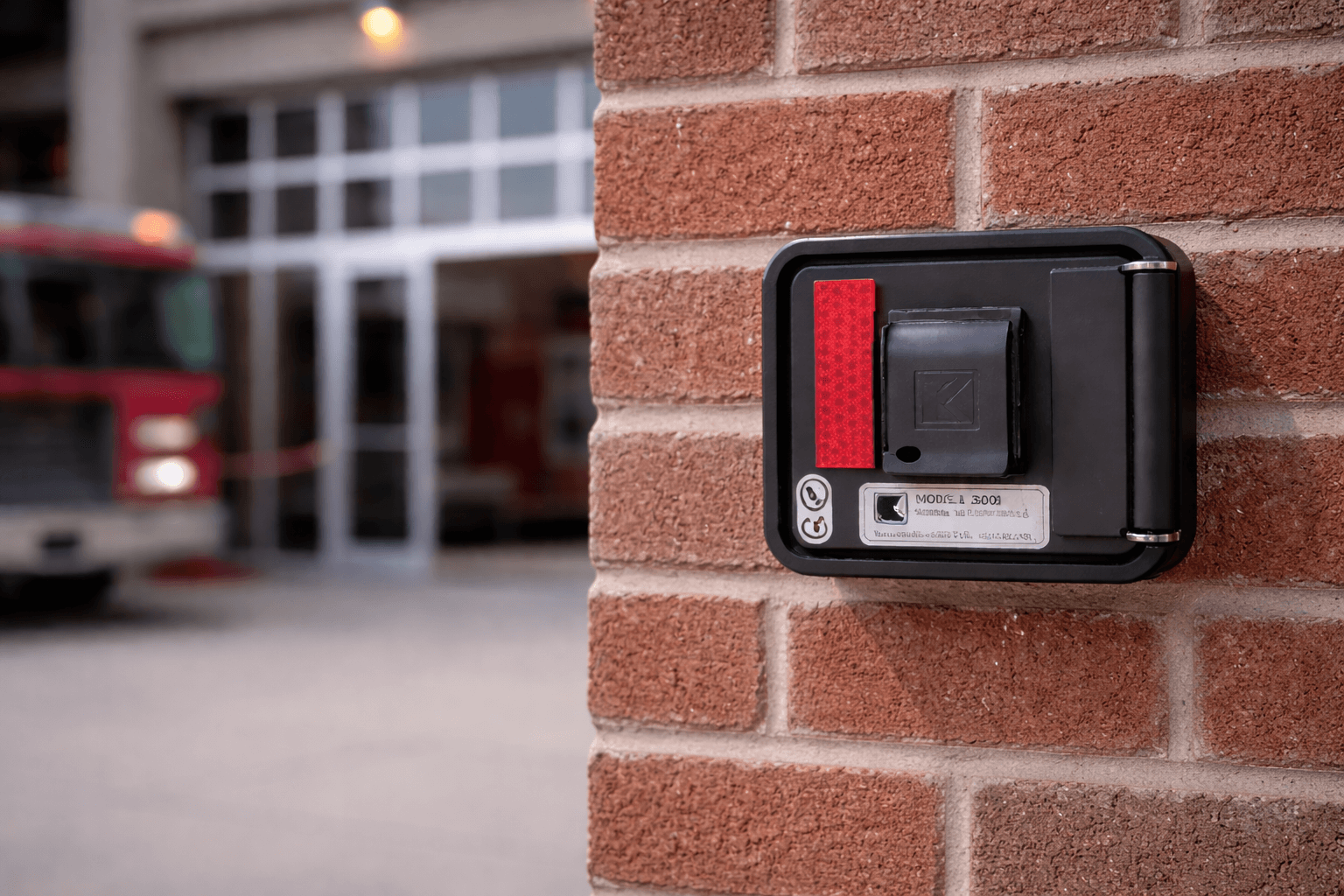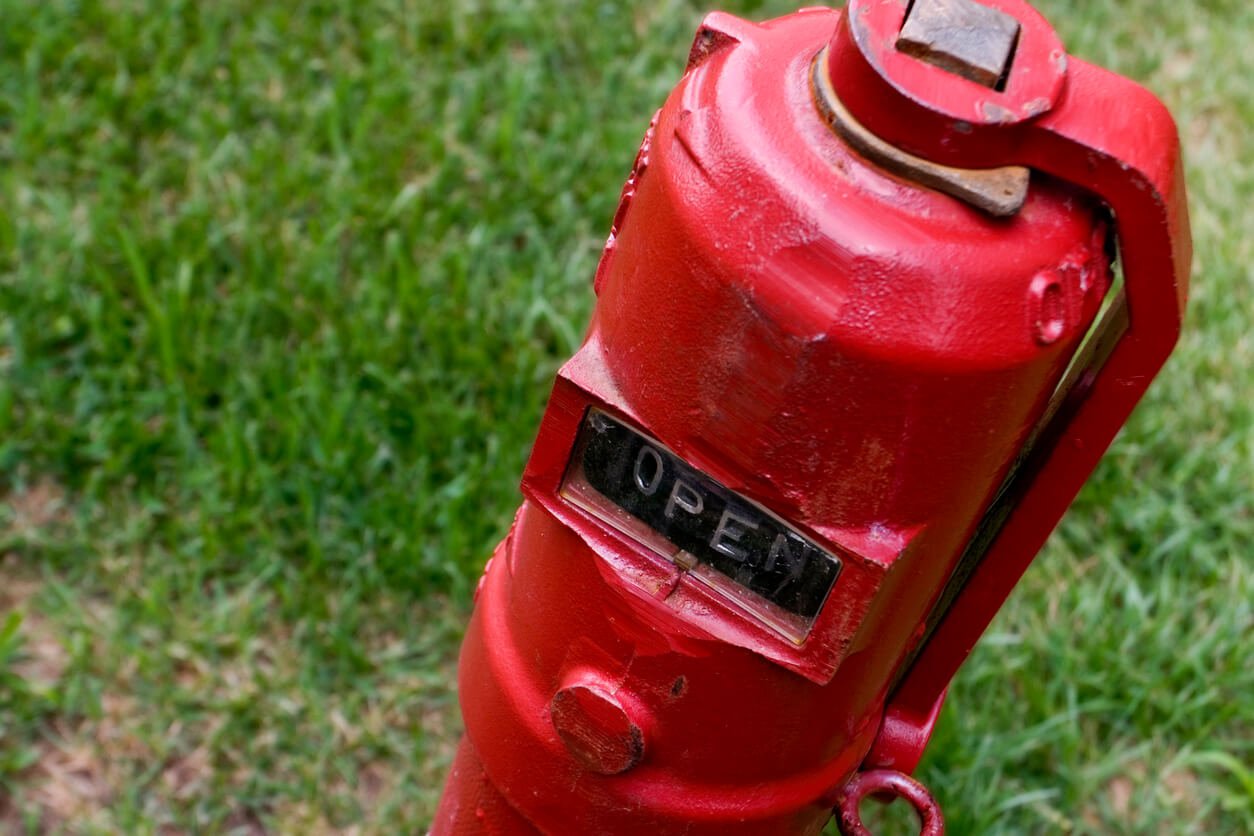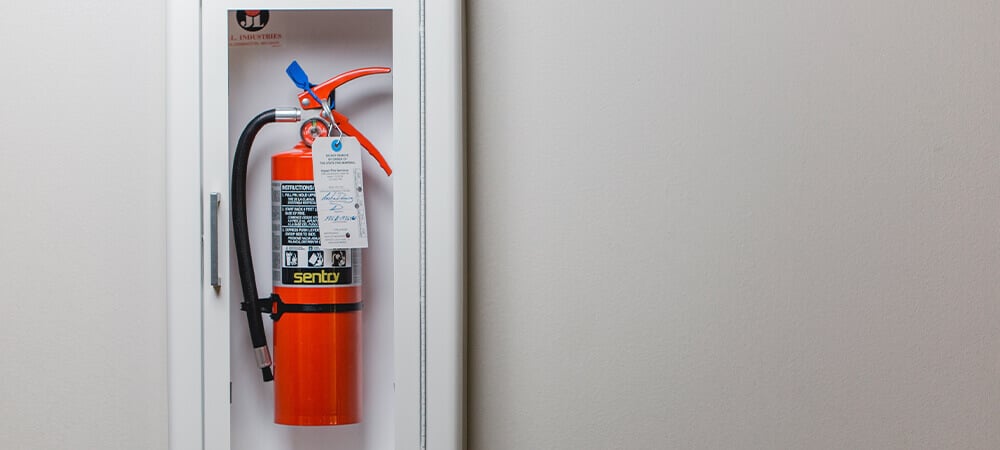3 Tips for Selecting A Commercial Security System
- Start with a security review
- Identify key features
- Understand the installation process
Protecting a business is essential, but choosing the right security system can be challenging for decision-makers. An effective commercial security system will monitor the property, deter threats, and lessen the impact of incidents like theft or trespassing.
Deciding on what type of system to install is easier with a complete understanding of the risks facing your business, which can include:
- Vandalism
- Trespassing
- Robbery and burglary
- Theft by customers or staff
- Unauthorized access to sensitive areas, such as server rooms
A retail store will have different security risks than an office building, yet the need for a commercial security system remains the same. By understanding your security needs and the available features, selecting a suitable business security system for your facility will become straightforward.
1. Start with a Security Review
A security review or audit will identify the vulnerabilities that exist and the high-value assets you need to protect. A comprehensive security audit will pose the following questions:
- What does the current system monitor and protect?
- What weak spots exist within the current system?
- Should certain areas be limited to authorized personnel?
- What assets and areas need to be monitored and protected?
- Who can access the building subsystems, such as ventilation, lighting, elevators, etc.?
- What procedures are in place to handle particular incidents, such as trespassers, theft, or a triggered alarm?
Answering these questions will help you have a more informed discussion with the security system technicians tasked with designing and installing the new security system.
2. Identify Key Features
A modern business security system includes more than just video surveillance cameras. It can also include access control, intrusion alarms, and system monitoring. Some businesses, such as jewelry stores, may need specialized alarms like glass break sensors or motion sensors to safeguard expensive assets. Universities may need an RFID access control door system to protect students and staff.
While each business has its own unique security needs, there are some common yet effective features you should consider.
Surveillance Cameras
Surveillance cameras are usually the first thing that comes to mind when discussing commercial security systems. Some surveillance cameras allow remote access to their video feed. This makes it possible for you to check in on your property even when away on a business trip or vacation. High-quality security cameras are invaluable for businesses and provide benefits beyond after-hours surveillance, such as:
- Theft prevention
- Active threat identification
- Providing evidence in the event of a crime or other incident
Intrusion Alarms
An intrusion alarm is a business security system that detects and alerts users of an attempted or successful unauthorized entry. The security system uses various detectors to recognize environmental changes, such as opening windows, movement within an area, or even broken glass.
The mere presence of an intrusion alarm system can be enough to deter intruders. According to a study by UNC Charlotte, 60% of burglars would find another target if they notice an alarm present. By simply displaying that there’s an intrusion alarm system present on company property, you can stop break-ins before they happen.
Physical Access Control System (PACS)
A physical access control system (PACS) is a security solution that manages and regulates entry to physical spaces, such as buildings, rooms, or restricted areas, by controlling the access of individuals. It typically involves the use of credentials, such as keycards or biometric data, and electronic locks or turnstiles to grant or deny access based on predefined permissions.
PACS provides several security benefits, including enhanced protection against unauthorized access, improved monitoring and tracking of individuals entering and exiting premises, and increased ability to respond quickly to security incidents.
System Monitoring
While intrusion alarms are great for scaring off intruders, there’s no guarantee law enforcement will immediately respond. This can be a more serious issue for businesses in remote areas.
System monitoring provides an extra layer of security by making sure your alarms won’t go unanswered. Having a monitored security system means that someone is ready to respond at once if the alarm is triggered. This is possible when the alarm system is connected via phone lines, internet protocol, or a cellular network to a 24/7 central monitoring station. When an operator is alerted to a triggered alarm, they can verify the threat and dispatch local authorities.
Related Resource
Why You Should Partner with a UL-Listed Central Station
Discover the advantages of working with a UL-Listed central station. Learn More →
3. Understand the Installation Process
The installation process can significantly impact the decision on what commercial security system to choose. Factors such as the complexity of installation, cost, time required, and compatibility with existing infrastructure can all influence the selection.
For instance, if a business has limited resources or wants a quick and hassle-free installation, it may opt for wireless security systems that are easy to set up and require minimal wiring. On the other hand, larger businesses with more complex security needs may prefer wired systems that offer greater customization and scalability.
Considering these installation factors helps businesses select a commercial security system that aligns with their specific requirements, budget, and installation constraints.
Protect Your Facility with a Robust Business Security System
Choosing the right security system for a business requires careful consideration of the facility's needs, installation complexity, cost, time required, and compatibility with existing infrastructure. Taking these factors into account helps businesses select a system that meets their specific needs and budget.
Businesses should partner with an experienced security company for technology recommendations. Certified technicians will assess your facility to determine which security solutions will work best and provide the highest level of protection.
Editor's Note: This post was originally published on April 2, 2020, and has been updated for accuracy and current best practices.








